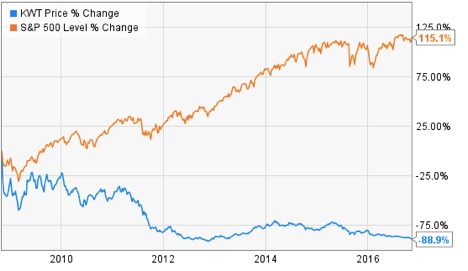For today’s younger couples, taking a drive along the winding road of finances is a lot different than it used to be. There are so many choices—each one steering the young couple closer or further away from the dreams of a lifetime. Hanging in the balance are two individuals hoping that their decisions will be in their overall best interest.
To better understand some of the challenges facing young families, meet Raj and Priya Chopra. They’re both in their late twenties and were married three years ago. Priya is a registered nurse and Raj is a marketing representative for a medium-sized technology company. Up until this point, they’ve enjoyed a lifestyle supported by two incomes. Without children, they’ve been able to be somewhat carefree about their spending.
Now, however, they are contemplating buying a home and having children. This has certainly raised questions about the financial implications of enlarging their family, as well as their financial future. Although the Chopras’ jobs seem relatively secure, they have friends who work for companies that have experienced significant downsizing and who are less certain about their future employment situation. Moreover, some of their friends have lost jobs and are going through difficult transitions.
Discussions with family and friends have led them to the conclusion that uncertainty may be the defining characteristic of their generation. Emerging families like the Chopra’s are facing a new reality, one with much more uncertainty about the future than that faced by previous generations. Some of this uncertainty is tied to rapid technological changes and some is the result of the realization that they personally may be responsible for providing for themselves much of what was previously provided by others (e.g., pensions by employers; social programs by the government).
There are many issues facing Raj and Priya, and they’ll need to ask themselves some difficult questions such as: Will corporate downsizing eventually catch up to them? If Priya intends to return to work full-time after having a baby, how would they cope if one of them should lose their job? What about the world of work in general? Will they go through several career transitions over the course of their working lives due to an economy that might be changing constantly? Is there a way to protect themselves financially? How difficult will it be for them to save for a child’s education? What about saving for more than one child? They both participate in 401(k) plans at work, but will they be able to save enough for a comfortable retirement? What about Social Security? Will the system change significantly? Will they be protected should they become sick or disabled?
What can a young couple like Raj and Priya do? A good first step is to discuss the various alternative solutions to these difficult questions. By doing so, Raj and Priya will be able to arrive at a realistic assessment of what they should and should not do financially, what they can and cannot afford, and what sacrifices they might need to make to assure financial security for both today and tomorrow. They know that their spending choices will have to be made carefully, and that preparing for a bright financial future will require setting goals now.
As the Chopra’s continue down the road of finances and look to expand their family, they can be a bit more optimistic about their future. The financial decisions they make today will make them less likely to be caught off guard by sudden economic or personal “bump in the road” tomorrow.
Is your 401k optimized to help you meet your retirement goals? Want to learn how to save thousands in taxes by making tax efficient invstments? Is your family covered if something were to happen to you or your spouse? Need help making these decisions? Talk to an advisor with your best interest in mind.




